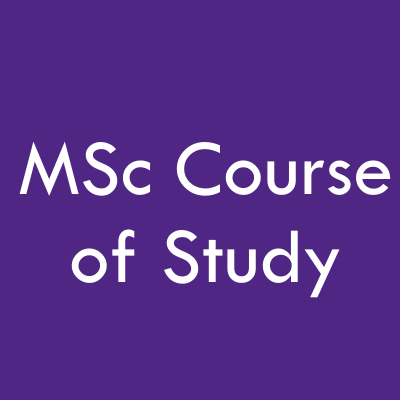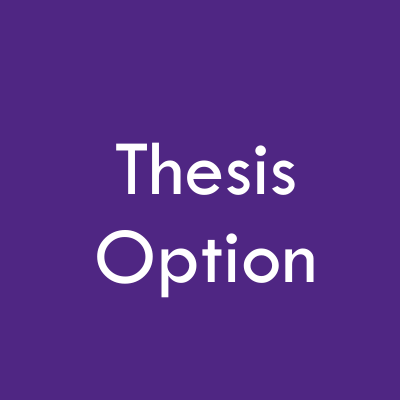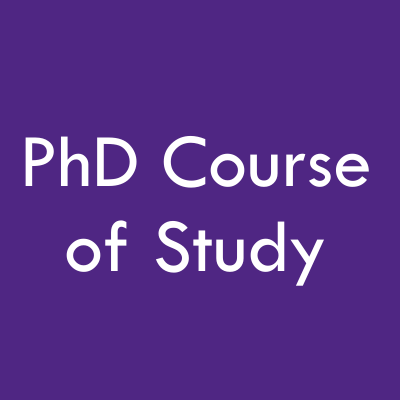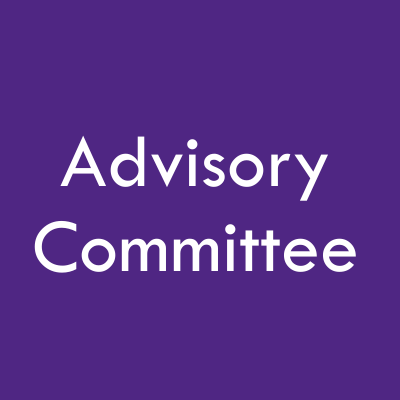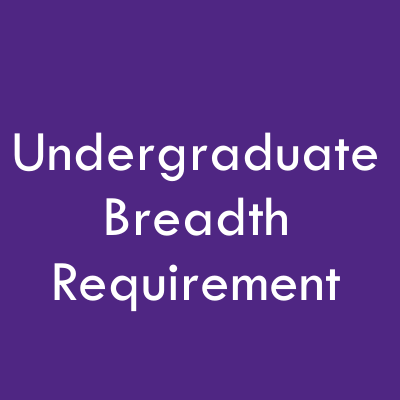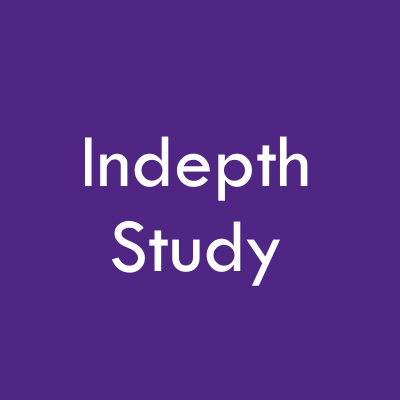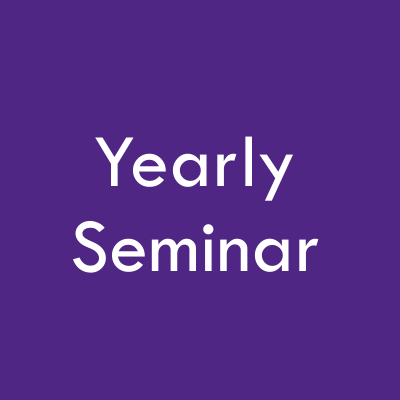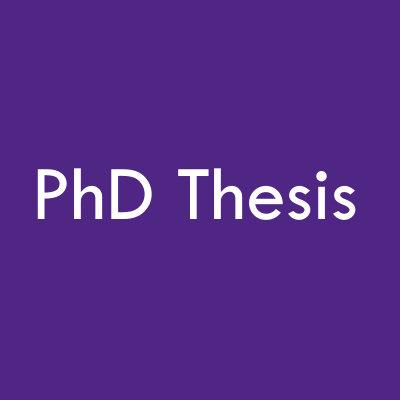Degree Requirements
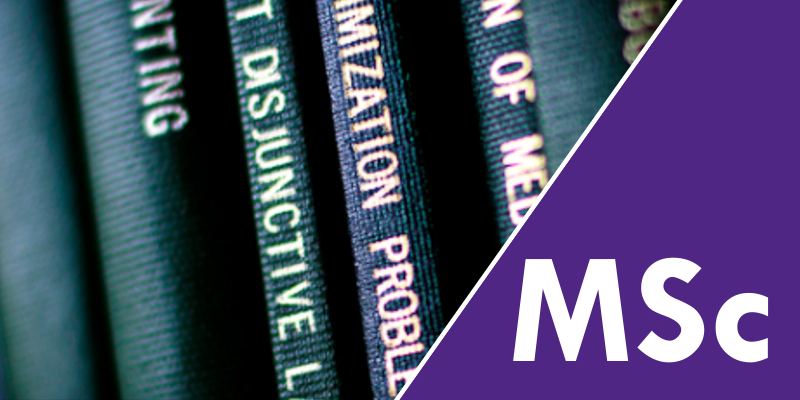

MSc in Computer Science [top]
Overview
Students must obtain credit in the required number of courses as specified below.
Project
A project normally involves the use of known techniques and concepts in the solution of a well-defined problem.A project report and public oral presentation are required.
Thesis
A thesis involves a written thesis and the public oral presentation and defence of an original contribution to a particular research area.
For thesis students, thesis preparation and format, public lecture requirements and the procedure for examining the candidate and the thesis are covered in the School of Graduate and Postdoctoral Studies Thesis Regulation Guide. ( http://www.grad.uwo.ca/current_students/thesis_regulations/index.htm).
Course-Work
Students must complete eight graduate courses as specified below. Please note that this option is not a normal route for entry into the PhD Program.
In both projects and theses, topics are to be chosen so as to allow completion within a reasonable time, given the other degree requirements.
MSc Course of Study
Your course of study is determined by your supervisor in consultation with the Graduate Chair.
Terminology: An MSc graduate course is a 9500, 9600, or 9800 level Computer Science course.
Thesis Option:
- Students must complete four graduate courses:
- At most one course can be an MSc reading course (9800-level designated as Reading Courses). Each professor has their own assigned number.
- At most one 9500-level course.
- At most one course may be taken outside of the Computer Science subject area.
- In addition, students must complete:
- Thesis. For more information related to Thesis Guide, please visit http://www.grad.uwo.ca/current_students/thesis_regulations/index.htm
Project Option:
- Students must complete six graduate courses:
- At most one course can be an MSc reading course (9800-level designated as Reading Courses). Each professor has their own assigned number.
- At most two 9500-level courses.
- In addition, students must complete:
- Project
Course-Work Option
- Students must complete eight graduate courses:
- * Directed Study (Milestone)
- At most one course can be an MSc reading course (9800-level designated as Reading Courses). Each professor has their own assigned number.
- At most two courses at the graduate level may be taken outside the department, with permission of the Graduate Chair.
*Directed Study
This course evaluates a student's ability to perform scholarly work and to communicate a result in a written and oral form. This is a one-term supervised research course. This is not intended to be literature survey. A report and public oral presentation are required. All coursework students must take this course. It is not open to thesis or project students. Students must find a faculty member to supervise this course.
PhD in Computer Science [top]
On enrolment in the PhD program, you and your supervisor will determine an appropriate course of study. If necessary to complete your breadth requirement, you may be required to take some undergraduate courses which must be completed during your first two years in the program
PhD Course of Study
On enrolment in the PhD program, you and your supervisor will determine an appropriate course of study. All PhD students are required to complete the following:
- Four graduate courses (2 credits)
- At most one course can be a cross-listed course with the same evaluation for undergraduates and graduate students (9500-level).
- At least one course must be topic course (9800-level). This does not include a reading course.
In addition, students must complete:
- In depth study.
- Yearly seminar.
- Thesis.
The Department accepts students with previous degrees that are not necessarily in Computer Science. It is expected that PhD students must have a body of knowledge about a broad range of topics that are usually taught at an undergraduate level. All PhD students are expected to satisfy the Undergraduate Breadth Requirement. A student may need to take additional courses to do so. At most three additional courses may be requested to satisfy the Undergraduate breadth requirement.
Each incoming PhD student will have their background assessed by the Breadth Assessment Committee to determine any undergraduate courses that may be needed. The assessment is done after admission. It is based on the student's PhD background statement submitted with their application. An interview may be required after the student arrives to further assess the background. The result of the assessment may include requiring the student to take at most three undergraduate courses which must be completed within two years with a mark of at least 70% for each required course. Failure to complete the courses within the specified period may result in the student being asked to withdraw from the program.
PhD Advisory Committee
The Advisory Committee should be appointed as soon as possible within a maximum of one year after registration and must consist of a minimum of three members including the supervisor. The student should be consulted on the composition of the Committee. The student's supervisor acts as Chairperson of the Committee. All members of the Advisory Committee must be members of the School of Graduate and Postdoctoral Studies and must be approved by the Graduate Chair. Changes to the Advisory Committee require approval by the Graduate Chair.
The Advisory Committee reviews the student's progress until graduation and should be available for research/thesis advice.
Undergraduate Breadth Requirement
Undergraduate breadth requirement refers to a body of knowledge about a broad range of topics that are usually taught at an undergraduate level in a Computer Science program. There are several goals in having an Undergraduate breadth requirement for a PhD student. These include the following:
- Ensure that the student is adequately prepared to take graduate courses in Computer Science.
- Ensure that the student has basic knowledge that is likely to be useful for their PhD research or post-PhD research.
- Ensure that the students can communicate with other computer scientists using a common vocabulary.
- Ensure that the student can teach a broad range of courses if and when they become a faculty member in a computer science department.
- Ensure that the student's training reflects well on the Computer Science department at the University of Western Ontario.
- Ensure that the student has a basic knowledge of computer science that is inherently good to have, and/or is a requirement for being able to call oneself a computer scientist.
With regard to (b), we recognize that a student might not use all the Undergraduate breadth requirements in their PhD research. However, we also recognize that it is unpredictable what aspects of the breadth requirement they will need. The goal is to choose a set of topics that is likely to include topics that they need to know about for their research. The proposed Undergraduate breadth requirement consists of the following:
- Knowledge equivalent to CS 3331, i.e. discrete mathematics and automata theory. Topics include sets, functions, relations, proof techniques, finite automata, regular languages, context-free grammars, Turing machines, undecidability.
- Knowledge equivalent to CS 3340, i.e., algorithm analysis and complexity theory. Topics include big O notation, recurrence relations, algorithm design techniques, searching and sorting, trees, string matching and NP-completeness.
- Knowledge equivalent to EITHER:
- CS 3307, i.e., object-oriented analysis and design;
- CS 3342, i.e., programming languages.
- Knowledge equivalent to EITHER:
- CS 3305, i.e. operating systems
- CS 3350, i.e. computer architecture
Indepth Study
A PhD Research Topics Survey/Proposal (which we will refer to as TSP for short) is proposed to evaluate a student's proficiency in understanding important research. The intention is that this evaluation be done at a relatively early point in their degree.
TSP
Each student must pass the TSP. The purpose of the TSP is to test the student's ability to master a particular research area as well as demonstrate the ability to provide critical analysis of research papers and to generate new ideas. The student must produce a paper that consists of two parts:
- Literature Search: The paper shall demonstrate a deep understanding of the relevant literature for a research topic through an organization of existing concepts.
- Research Proposal: The paper shall identify one or more research directions and/or suggest new approaches to solving problems that could potentially result in significant research contributions.
Evaluation:
- Submission of Paper: The paper shall be submitted before the last day of the term (as stated in the Academic Calendar) corresponding to student's fourth term of enrollment as a PhD student.
- Examination: The examination shall occur no later than the sixth week of the student's fifth term of enrollment as a PhD student.
Extensions can be given due to extenuating circumstances.
If the student fails to complete the proposal by the end of the sixth term and has NOT BEEN GRANTED an extension then the candidate may be asked to withdraw from the PhD program.
If the candidate was fast tracked from the MSc program into the PhD program the paper should be submitted before the last day of the term corresponding to the student's second term of enrolment and the candidate must complete the proposal by the end of the fourth term.
Objectives
There are several objectives to be achieved:
- To allow the Advisory Committee to guide the research with helpful suggestions;
- To ensure that the student has considered important background material;
- To ensure that the student understands and is able to present a description of a problem based on their understanding of the state-of-the art and its significance.
Yearly Seminar (692)
- Each PhD candidate must present at least TWO publicly announced seminars, at least one in the third year and at least one in the fourth year of their program.
- Presenting a paper in a conference can be counted as a seminar
- Presentation in a course, proposal presentation, and PhD defence presentation, will not be counted toward the yearly seminar requirement.
PhD Thesis
Thesis preparation and format, public lecture requirements and the procedure for examining the candidate and the thesis are covered in the School of Graduate and Postdoctoral Studies Thesis Regulation Guide. ( http://www.grad.uwo.ca/current_students/thesis_regulations/index.htm)


